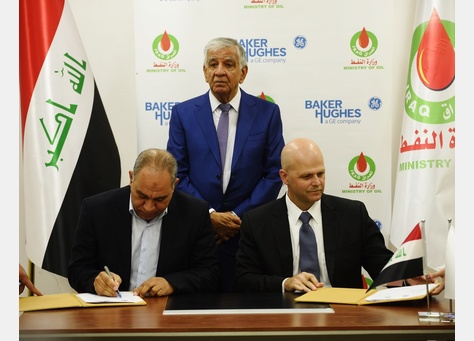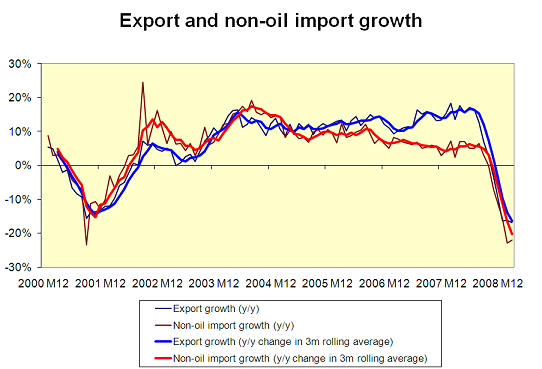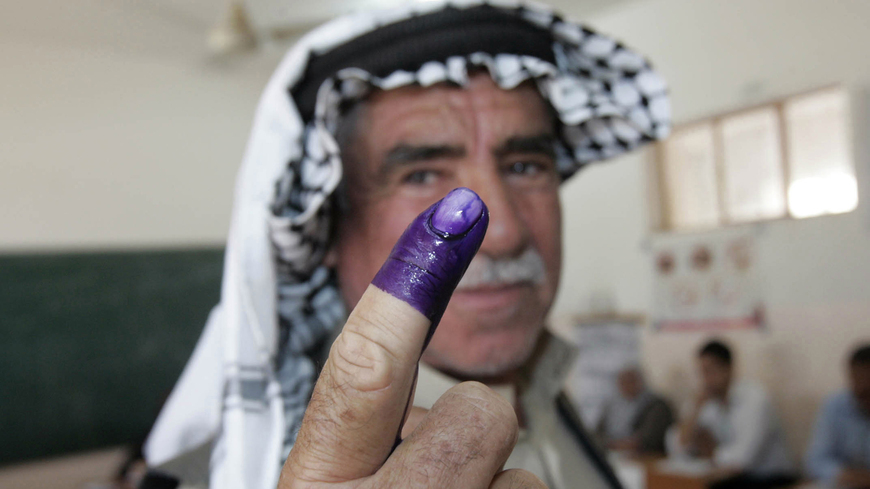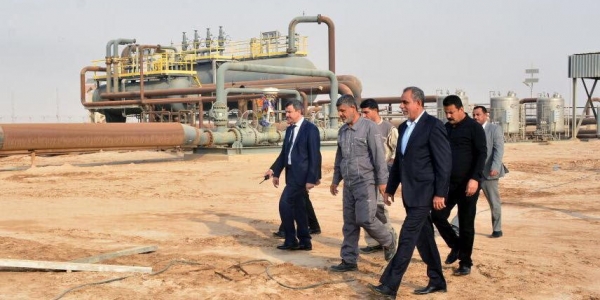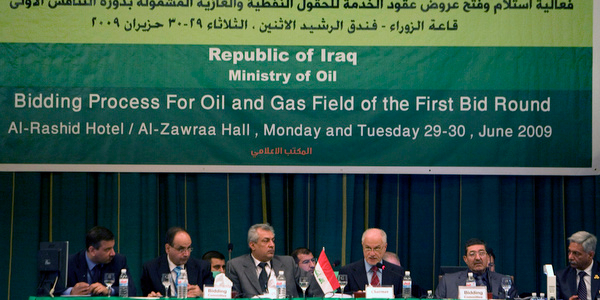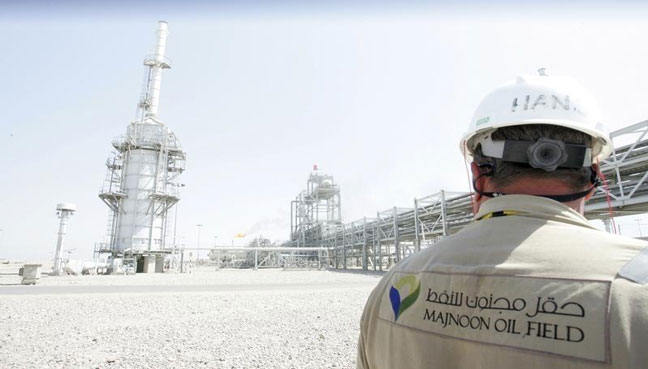By Elena Kornienko.
In the previous blog post we have talked about Procurement’s role within organization and today I will share with you one more story when Procurement could’ve done a job of SuperMan but end up with selecting a wrong subcontractor and that choice made a tremendous impact on production.
At the beginning of 2018 Tesla’s share price fall 20% from last year’s all-time high. What is the story behind it and how we – people involved with Oil and Gas in Iraq – can related to it? In 2017 Tesla forecasted the production of 5,000 Model 3 sedans and in the last quarter it announced that it had made 2,500. It was a “production hell” and one of the factors to it was Procurement’s fault for choosing a sub-contractor which did not perform. As a result, billions of dollars in stock value was lost.
What can we, procurement professionals in the oil and gas industry, learn from this story?
First of all, no matter how big or small a purchase order, it should be assessed against criticality for oil production. It might be a relatively small and standard valve, however if that is to be installed on a critical part of a pipeline, it could impact the operation of the whole line. This is where I see Procurement and Production/Operation teams working together as one team which is still unfortunately a rare case.
Another important question is the pre-qualification of contractors and suppliers. Not all IOC’s in Iraq perform pre-qualification as it should be done based on best industry practises. Some IOCs have a simple registration process which is based on data collection only, some IOCs run a bit more sophisticated process which is still have a room for improvement.
What is still not understood and appreciated in pre-qualification process is that based on selecting qualified bidders in a first place would improve the quality of tender submissions as well as create healthy price competition between companies which are of the same expertise level.
It is wrongly assumed that having more bidders in one tender would increase the chances of having more competitive offers. In reality un-qualified or even not capable bidders participate in tenders barely passing technical evaluation, getting a contract and trying to execute it, while qualified top performers were not even invited to bid.
Selection of technically capable contractors is another challenge which directly impact Production. It is related not only to pre-qualification process, but also to setting right technical evaluation criteria during tender exercise. In my years of experience in Procurement I have seen it in extreme angles – from being very formal to criteria set to being flexible in evaluation. Both approaches can bring harm in contactor selection if not used correctly and balanced.
One of the extreme examples which I witnessed myself just recently: all bidders were requested to provide a list of at least 3 projects of a similar nature performed in 2014-2017 and the Operator did not accept a list of projects from one bidders which were performed in 2012-2016, while that bidder still demonstrated their capabilities and expertise in this area.
These areas are just a top of an iceberg in Procurement world and we will be covering more of them in the blog posts. In a mean time I have two questions: Firstly, what if Tesla selected technically capable contractor and delivered on projected number of vehicles? The answer is straightforward – no loss in the value of shares. And what if IOCs in Iraq would always use the best international practises on contractor selection? The answer is also straightforward – more competitive costs of contracts and no delay or loss of oil production, which has a direct impact of Iraq’s budget.
Elena Kornienko has more than 15 years of professional experience in contracts, procurement and tendering in various roles from demand-identification to contract close-out. She has worked on major international oil and gas projects, including the Sakhalin-1 and Sakhalin-2 fields in Russia, and Iraq’s West Qurna-2. Now based in Dubai, she provides consultancy services to the oil and gas industry. Elena is a fluent English and Russian speaker, and a graduate of the Moscow State University of Commerce, holding a degree in Economics. She also graduated with distinction from the School of Business Administration at Portland State University and holds a CIPS diploma.


